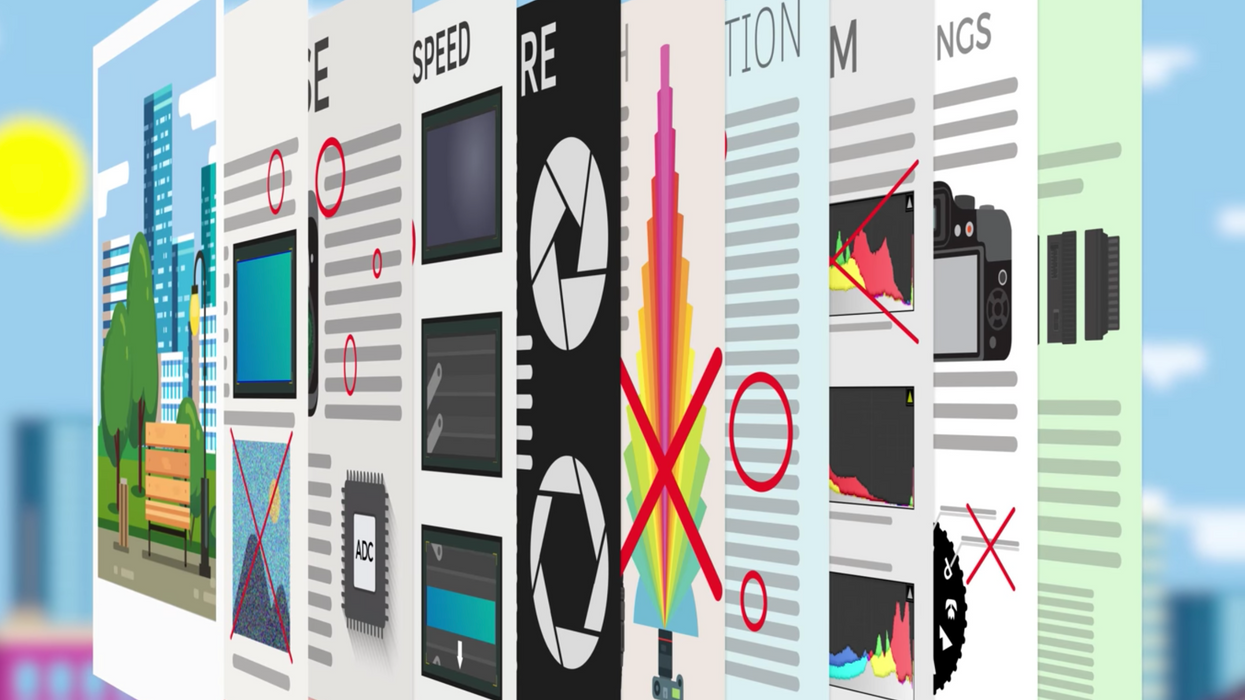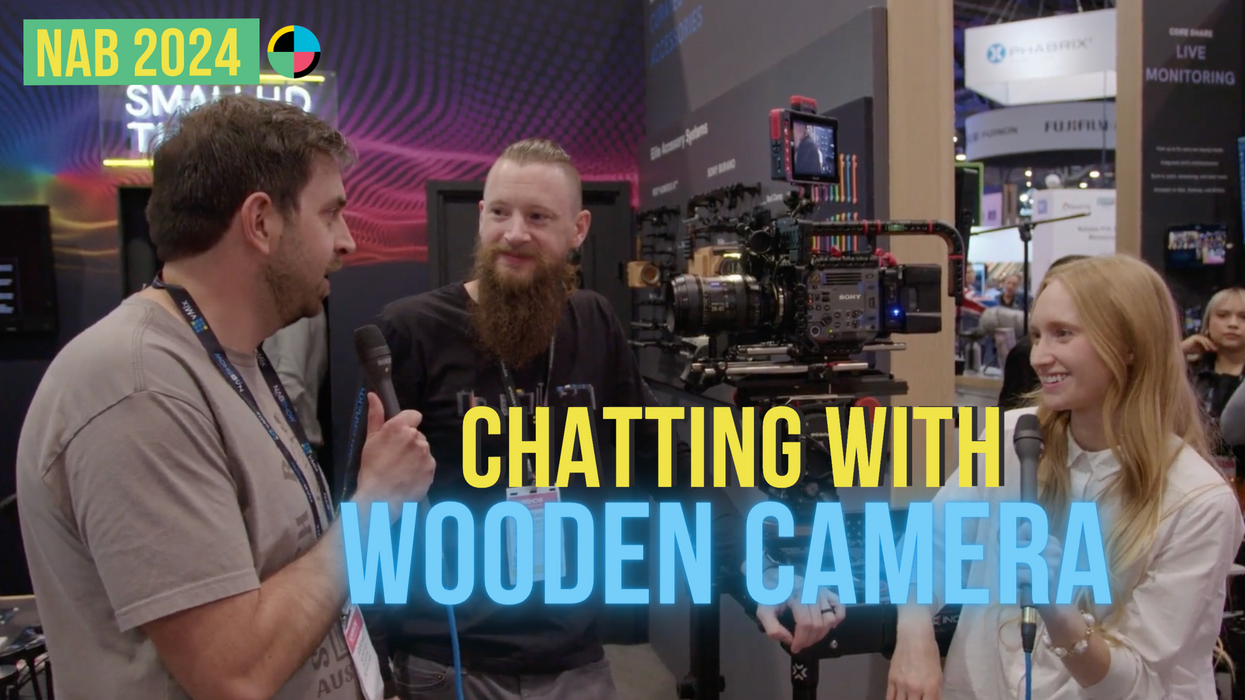5 Common Misconceptions You Might Have About Filmmaking
You might believe in some misconceptions about filmmaking and photography, but this video will help set the record straight.

Even though filmmaking and photography are very dense, very complicated art forms, they are still incredibly popular among beginners and hobbyists. And that's a good thing! Technological advances have made it to where anyone can pick up a camera, whether it's a DSLR or smartphone, and begin shooting beautiful and dynamic images right out of the gate, but consequently, there is a bit of a downside to such widespread interest among non-professionals.
Because many who pick up a camera never aspire to become career filmmakers or photographers, the information they seek and are given often comes in the form of oversimplified explanations of very complex principles and concepts, creating a perfect environment for misconceptions to grow and thrive.
However, in this video, Vincent Ledvina of Apalapse breaks down five of the most common misconceptions about photography (and filmmaking) so you're not only better prepared to master your craft but so you're better equipped to handle cinematic and technological issues when they arise.
ISO
How many times have you heard that increasing your ISO will result in more grain or that a camera with higher ISO is more "sensitive?" I mean, these are most likely the first things you learned about ISO, but unfortunately, these qualities best describe ISO in regards to film. Because the verbiage transferred over to digital, we unintentionally misinterpret terms like "sensitivity" and "grain. We then hold the belief that higher ISOs make your DSLR camera more sensitive to light and produce more grain when really they just amplify sensor data to mimic correct exposures, and that amplification results in more grain. According to the video, here are 3 ways higher ISOs affect your image:
- Increase image brightness
- Decrease dynamic range
- Decrease tonal detail and accuracy
Good camera = good images
We all want the very best camera, but—why? Is it because we think better cameras will produce better images? Well—yeah, pretty much. Beginners especially struggle with this when they first start out because they're under the impression that their dinky little point-and-shoot or smartphone won't allow them to shoot anything cinematic, but the truth of the matter is that no camera has ever captured a great image, only the individuals that are operating them. Factors like lighting, subject matter, composition, and camera movement are far more influential in determining whether or not an image is any good, so instead of worrying about getting the latest and greatest gear, bone up on some cinematographic techniques.
If you're a pro, you shoot manually
Don't get me wrong, knowing how to shoot manually is incredibly important if you want to be able to control the look of your image and get proper exposure, but don't think that going auto makes you some sort of noob. In fact, auto settings can help you get the shots you need when time is a factor, like during live events and documentaries. You should always know how to operate your camera in manual mode, but don't shy away from auto shooting modes just because of the unfriendly atmosphere that surrounds it.
A good lens is sharp
When filmmakers and photographers talk about the quality of a lens, the primary factor they often talk about is its sharpness; sharp is good, soft is bad. However, this creates a big misconception about lens quality, because by focusing so much on a single factor, sharpness, we forget or devalue the importance of other factors, like build quality, microcontrast, bokeh quality, and AF speed. So, on one hand, you've got a super sharp lens with a poor build and slow AF, and on the other, you've got a softer lens with beautiful bokeh and image stabilization. Who's to say which is truly the "better" lens?
Filmmaking is easy
Well, it's not. Making a single film could not only take years to produce, but it could take years off of your life from the stress of seeing that project through from script to screen. Understand, some may be satisfied with the images that come from a day of unplanned pointing and shooting—they're having a ball and enjoying the process. That's a good thing! There's no need to cramp their style. Conversely, some are out there trying to turn moving images into complicated emotional stories with plot twists and motifs and symbolism and tension and character development and good dialogue and complex lighting and meaningful colors and evocative editing and story arcs and it's hard and it's super frustrating and sometimes we want to smash our cameras into our skulls and walk into the ocean and for the love of god do not tell us it's easy because it really friggin' isn't, okay!!!??? And then everybody wins!
What are some other common misconceptions about filmmaking? Let us know down below.
Source: Apalapse












